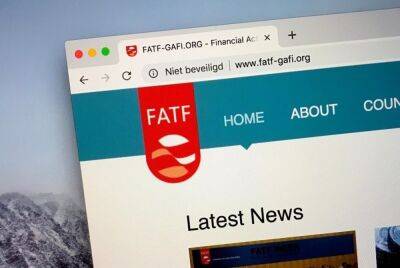HNI investors open ODI window for crypto bets abroad
ODI) route to bet on cryptocurrencies abroad with the liberalised remittance facility (LRS) — the customary window for offshore investments by wealthy residents — shut for these exotic digital assets. These ultra-high net worth individuals are using a non-banking finance company — preferably an existing local entity — to sponsor an overseas investment company, a wholly-owned subsidiary, in a financial centre like Dubai. The funds used to capitalise this foreign arm is invested in securities and assets abroad, including cryptos sold on trading platforms outside India. «Unlike the LRS Scheme which restricts direct investment in the financial services sector overseas, the ODI scheme permits regulated financial services companies to invest in the financial services sector under approval route. Such investment is subject to prior approval from the relevant financial regulators in India and overseas. Once a duly approved overseas direct investment is made in a financial services company overseas, such entity should be able to undertake business in accordance with the laws applicable in the relevant overseas jurisdiction,» said Moin Ladha, partner at the law firm Khaitan & Co.
Presented ByDid you Know?
Asia’s first crypto exchange-traded fund (ETF) could be launched in India’s GIFT City this year by Torus Kling Blockchain
View Details »Sensing Reserve
Bank of India's strong reservations about crypto, large private and foreign banks have been asking investors remitting funds under LRS to give an undertaking that the money would not be used to purchase cryptos. (This followed the local payment systems barring fund transfers for crypto trades amid an unofficial, shadow ban imposed by RBI). In these circumstances, ODI has emerged
Read more on economictimes.indiatimes.com









